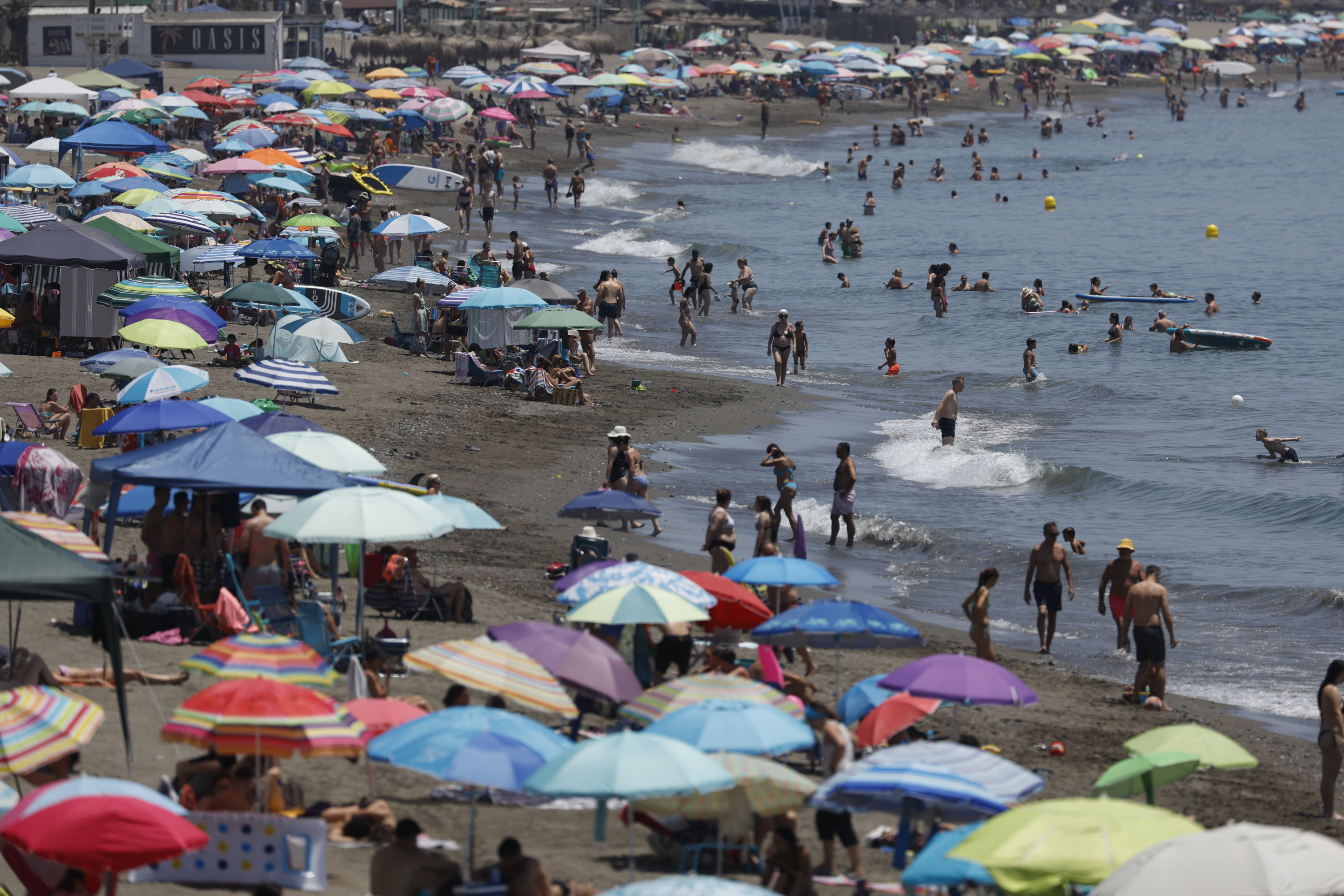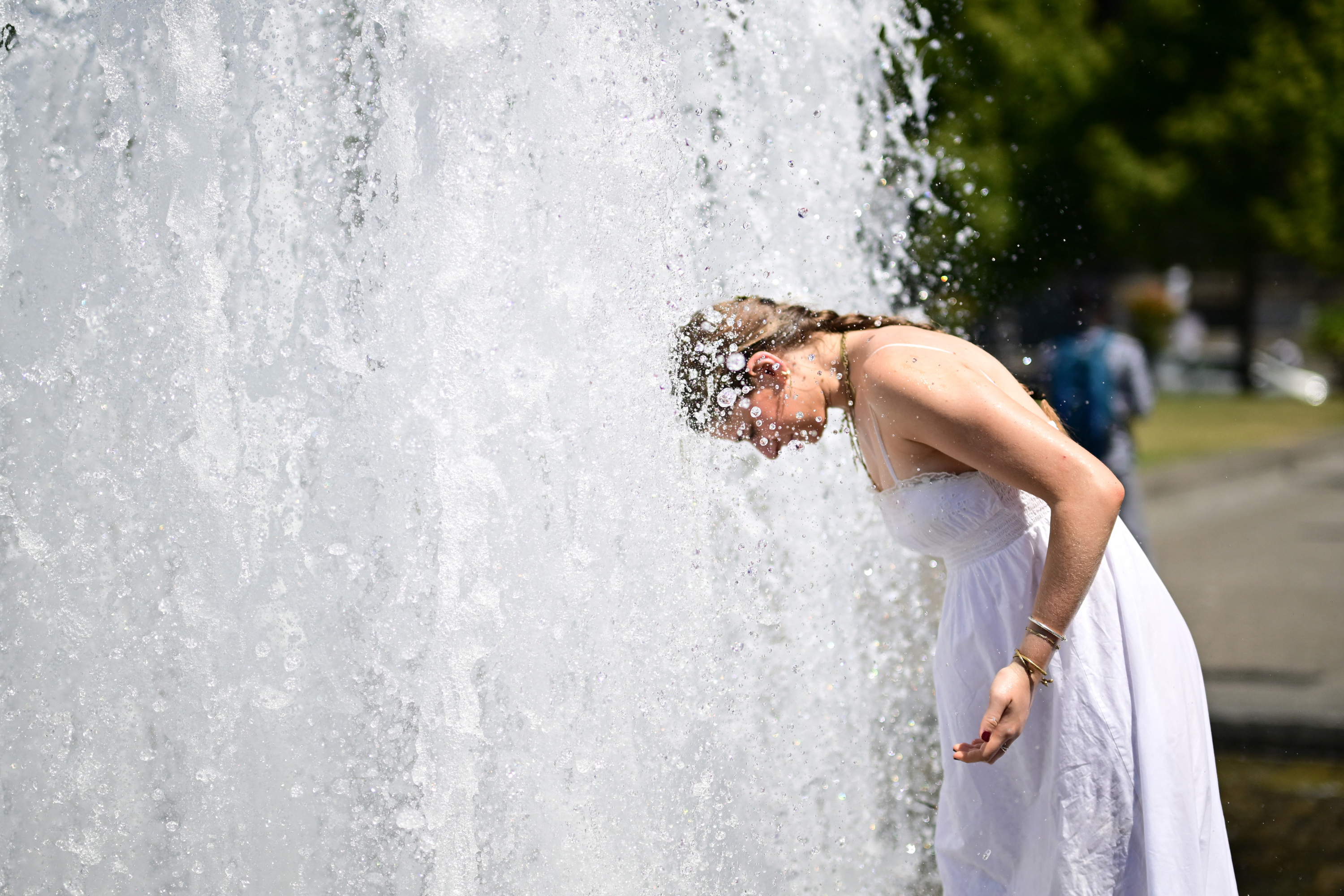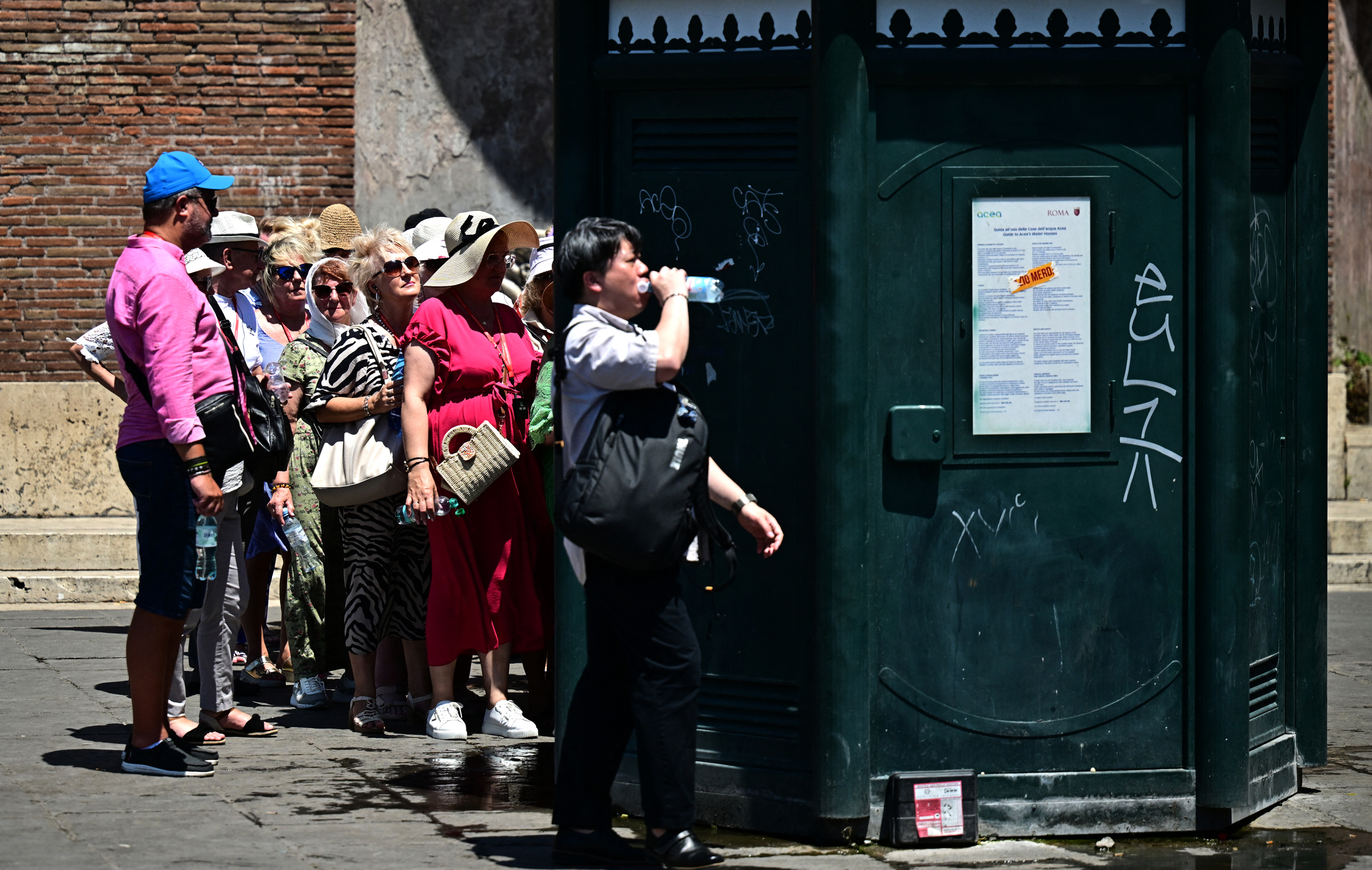Traveling to Europe? These are the people most at risk from heat waves.

Every summer, heat waves in Europe intensify. And although many Latin American tourists take advantage of the season to travel to the old continent, not all are aware of the risks associated with high temperatures, especially older adults and people with chronic illnesses.
“The most vulnerable people are those over 65, especially if they have chronic conditions or take medications that promote dehydration,” warns Verónica Saldaña Ortiz, PhD in Nursing, a nurse specializing in critical care and emergencies, and a lecturer in the undergraduate and graduate nursing programs at the European University of Madrid.
According to the expert, the key to avoiding serious complications during a heat wave is prevention. Staying hydrated, avoiding sun exposure between 12:00 pm and 6:00 pm, and staying in ventilated or climate-controlled spaces are essential measures. In the event of symptoms such as confusion, cold and clammy skin, or loss of consciousness, it is essential to act quickly, place the person in the shade, apply cold to key areas of the body, and contact emergency services.
Saldaña highlights that the European University of Madrid is currently leading educational initiatives focused on sustainability and how climate change is impacting people. "We are the first university in Spain with a sustainability school," she says, emphasizing that her commitment is to training professionals who understand and respond to the environmental challenges of the present and future.

In Spain, communities with access to the sea are less affected by heat waves. Photo: EFE/Jorge Zapata
The best option, especially if they live alone, is to have them accompanied as much as possible, ensure their homes are well-ventilated, and, if possible, have access to adequate air conditioning. It's very important to stay hydrated. There are differences between states of dehydration, and older adults especially notice it more because their thirst is diminished. Therefore, it's important to encourage them to drink water even if they aren't thirsty. Older adults with chronic conditions are the most affected, as medications can worsen dehydration in high temperatures.
What are the symptoms that warn of heat stroke and what should we do in these cases? We may begin to experience mild symptoms such as thirst, dry mouth, decreased urination, or mild fatigue. As the condition progresses, there may be intense thirst, dry mucous membranes, headache, and dizziness. In severe heat stroke, confusion, low blood pressure, marked tachycardia, and cold, clammy skin appear. Particular attention should be paid to those over 65. What should be done is to move the person to a place out of the sun, call emergency services, and apply wet cloths or ice to the armpits, neck, and groin to lower the temperature, which can be as high as 40°C.

Heat wave in Germany. Photo: AFP
People over 65, who here in Spain tend to be retired and have more time to travel, are at greatest risk of heat stroke. If they decide to come, it's best to choose less hot areas. For example, in Madrid we don't have a beach and the climate is dry, but there are fountains. It's advisable to drink between 2.5 and 3 liters of water daily, use fans, and cool off with water. The most important thing is to avoid going out between 12 noon and 6 p.m., which are the hottest times. Today, for example, temperatures reach 35°C in the shade, which means almost 40°C in the sun.
What risks does a person run when exposed to a heat wave without taking proper precautions? The skin becomes hot, red, and dry; severe headaches, nausea, or vomiting may occur. In advanced stages, confusion, disorientation, unusual behavior, rapid pulse, and labored breathing may occur. If left untreated, loss of consciousness or seizures may occur. Furthermore, if the person falls on hot ground, they may suffer burns from contact with the hotter asphalt.

People line up at a public fountain to fill their water bottles in Rome, Italy. Photo: AFP
I think we still have work to do. Nursing is working to raise public awareness with clear, empathetic, and personal communication. Nurses are on the front lines caring for the most vulnerable groups. Adopting preventative measures is key. The more prevention, the lower the risks. We need citizens to be informed, responsible, and active in order to collaborate with governments. Today, for example, news broke that the Mediterranean Sea reached 32°C. Temperatures are rising not only on land but also in the seas.
What role is the European University playing in education in the face of these environmental and health challenges? At the European University, we are raising awareness among our students. We are the first university in Spain, starting in 2024, to have a School of Sustainability. Our goal is to train professionals who will lead the green economy revolution. The European University is a benchmark in uniting education, industry, and values to prepare our students for the challenges we are facing.
Environment and Health Journalist
eltiempo





